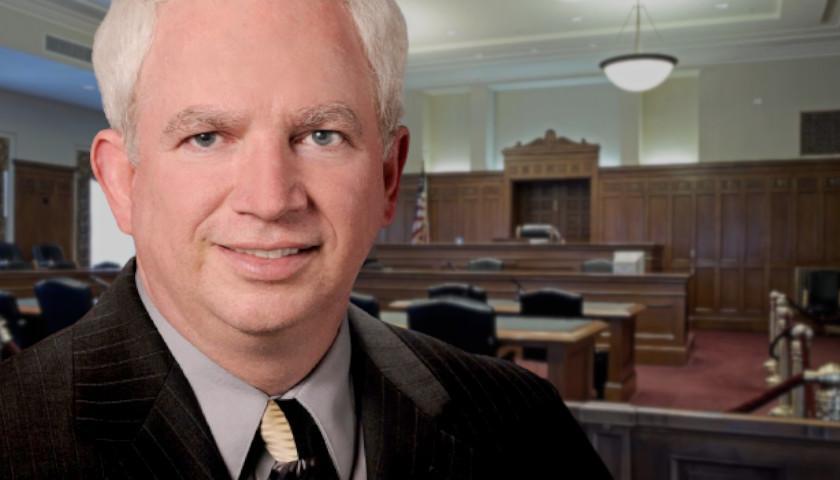Donald Trump’s former attorney and constitutional legal scholar, John Eastman, filed an opening brief with the California State Bar Court last week appealing his disbarment for assisting Donald Trump with legal representation regarding the 2020 election illegalities. California Disciplinary Judge Yvette Roland formed her opinion by determining that Eastman’s legal opinions were wrong and that there was no election wrongdoing.
The brief said, “[T]his prosecution should never have taken place. It is, rather, a manifestation of George Orwell’s dystopic depiction of authoritarianism — statements by the Government, no matter how demonstrably false or suspect, must be accepted as truth.”
Read the full story
